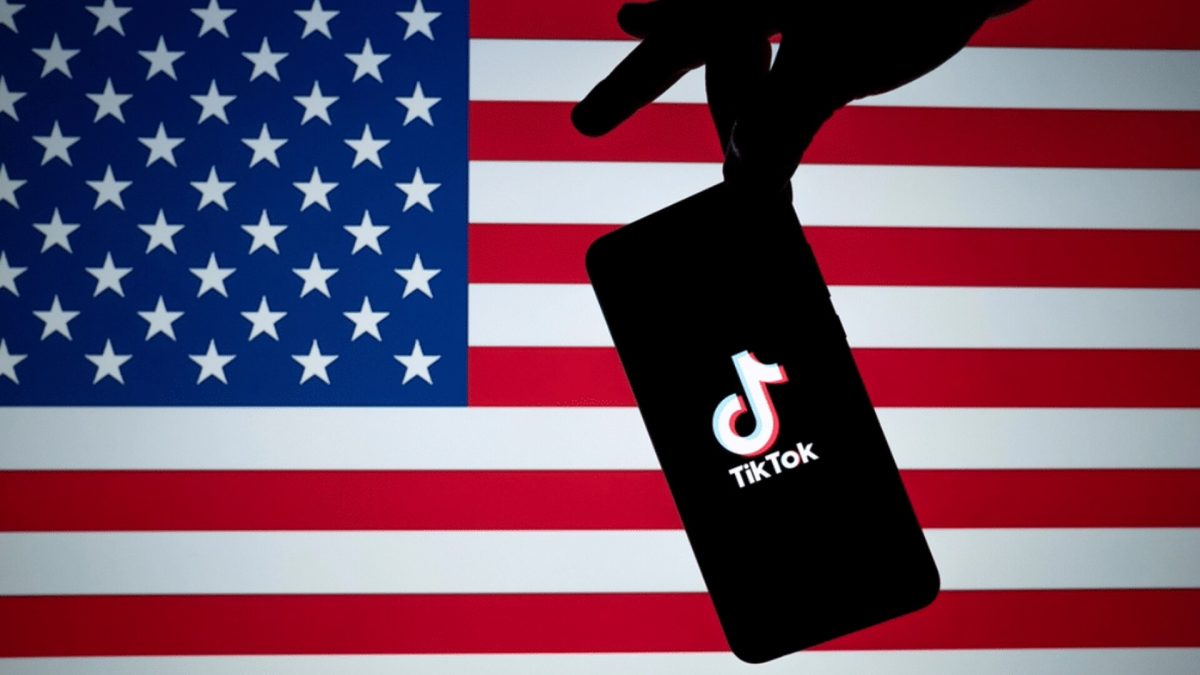Will TikTok continue to host thousands of content creators in the US or not is up to the Supreme Court’s hearing on Friday that would either force its Chinese owner to sell the video-sharing platform or shut it down.
TikTok has appealed to the court to strike down a law that would ban it from US app stores and web hosting services unless ByteDance sells its stake by January 19. The US government alleges TikTok allows Beijing to collect data and spy on users and is a conduit to spread propaganda. China and ByteDance strongly deny the claims.
The story of TikTok’s many legal challenges began in India when the country imposed a total ban on the platform in 2020 following New Delhi’s simmering geopolitical tensions with Beijing. With this, TikTok received its first big jolt as it lost one of its biggest and most important markets.
While the sudden removal of the app left a void in the digital content space, Indian content creators quickly found alternatives in YouTube and Instagram which now harbour twice as many users as they have in America.
Which other countries have banned TikTok?
Many countries around the world followed India’s suit after it imposed a full ban on the video-sharing platform.
Afghanistan banned TikTok in April 2022, stating that its content was not consistent with Islamic laws and misled the younger generation.
In 2023, Nepal took TikTok off from app stores citing disruptions to social harmony. However, the ban was overturned by the current Prime Minister KP Sharma Oli in August 2024.
Impact Shorts
More ShortsKyrgistan took the app offline in 2023 raising concerns over its impact on children’s development.
Which countries have restricted TikTok?
Meanwhile, in some countries, TikTok faces severe restrictions from time to time that limit the app’s operation to the extent that they are as good as being banned.
The Russian government has repeatedly fined TikTok for permitting content that violates the country’s censorship regulations, including topics related to sex, gender, and feminism.
In November 2024, concerns arose regarding TikTok’s role in Romania’s presidential elections. The platform was criticized for allegedly amplifying the reach of far-right candidate Călin Georgescu, who advanced from 5 per cent in polls to win the first round of the election. This prompted a European Commission-led probe over TikTok’s potential foreign interference in the electoral process.
With inputs from agencies


)

)
)
)
)
)
)
)
)



